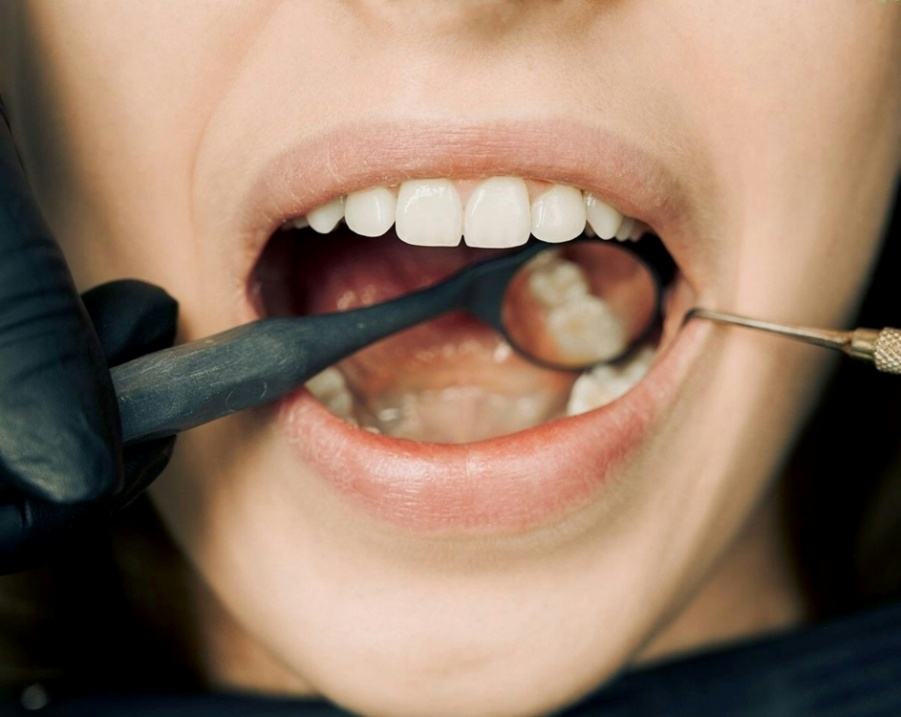Receding gums—also known as gingival recession—is a common dental problem where the gums pull back from the teeth, exposing the tooth roots to a large degree. This can lead to tooth sensitivity, decay, and eventually tooth loss in case it’s left untreated.
If one wants to maintain good oral hygiene, understanding the causes and treatments for gum recession is crucial.
Causes of Receding Gums
· Gum Disease:
The most common cause of receding gums is gum disease, which is caused by bacteria in plaque and tartar that irritate the gums, leading to inflammation and recession.
Poor Oral Hygiene:
Inadequate brushing and flossing can lead to plaque buildup, which can contribute to gum disease and gum recession.
· Aggressive Brushing:
Brushing your teeth too hard or using a hard-bristled toothbrush can wear away the gum tissue and cause serious recession as well.
· Genetics:
Believe it or not, some people may be more prone to gum recession due to genetic factors that affect the thickness of their gum tissue.
· Hormonal Changes:
Hormonal changes, such as those that occur during puberty, pregnancy, and menopause, can make gums more sensitive and prone to recession.
The Appropriate Treatments for Receding Gums
· Improved Oral Hygiene:
Practicing good oral hygiene, including brushing twice a day, flossing daily, and using an antiseptic mouthwash, can help prevent further gum recession.
· Scaling and Root Planing:
This deep cleaning procedure removes plaque and tartar from the tooth roots and smoothens the root surfaces to help the gums reattach to the teeth.
· Gum Grafting:
In more severe cases of gum recession, a gum graft may be necessary to cover the exposed tooth roots and protect them from further damage.
· Lifestyle Changes:
Quitting smoking and maintaining a healthy diet can help improve gum health and reduce the risk of gum disease and recession.
· Regular Dental Checkups:
Regular visits to the dentist for professional cleanings and checkups are essential for monitoring gum health and addressing any issues early on.
· Gum Grafting and Pinhole Surgery
Other treatments for receding gums include gum grafting and pinhole surgery. These treatments are rather invasive and aim to restore gum tissue along with preventing further recession.
Gum grafting involves taking tissue from another part of the mouth and attaching it to the receding areas. Pinhole surgery involves making small holes in the gum tissue and using special instruments to reposition the gum tissue over the exposed roots.
These procedures can help protect the teeth and improve the appearance of the smile. However, since they are relatively more invasive treatments, they may require a longer recovery time.
To sum it up, receding gums can have serious consequences for oral health. However, it’s a dental concern that is easily managed with proper and timely treatment.
By addressing the underlying causes and seeking appropriate treatment, you can protect your gums and maintain a healthy smile. Seek efficient dental services today at Advanced Dental Center. We offer relief for all your dental needs. Whether it’s gum recession you want to treat or whether you’re looking for cosmetic dentistry, we can help you with it all and more in Germantown.
Give us a call for more information.



